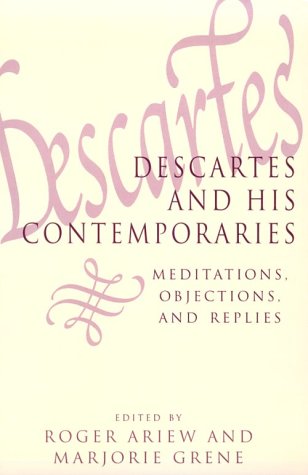Science & Its Conceptual Foundations S.
1 total work
Before publishing "Meditations" in 1641, Rene Descartes sent his manuscript to many leading thinkers to solicit their objections to his arguments. He included these objections, along with his own detailed replies, as part of the first edition. This strategy gave Descartes a chance to address criticisms and to demonstrate his willingness to consider diverse viewpoints. This text recreates the intellectual community of 17th-century Europe and provides a modern analysis of the "Meditations" in its historical context. The book's chapters examine the arguments and positions of each of the objectors - Hobbes, Gassendi, Arnauld, Morin, Caterus, Bourdin and others whose views were compiled by Mersenne. They illuminate Descartes's relationships to the scholastics and particularly the Jesuits, to Mersenne's circle with its debates about the natural sciences, to the Epicurean movements of his day and to the Augustinian tradition.
